A new report commissioned by Greenpeace Turkey has revealed that one in three samples of commonly consumed fruits and vegetables collected in İstanbul failed to comply with Turkey's pesticide regulations.
The study examined 155 fruit and vegetable samples collected from five grocery chains and various neighborhood markets across İstanbul. The samples were tested in an internationally accredited laboratory.
The analysis found that 61% of the samples contained multiple pesticide residues, while 43% contained at least one pesticide with per- or polyfluoroalkyl substances (PFAS), known for their persistence in the environment and potential health risks.
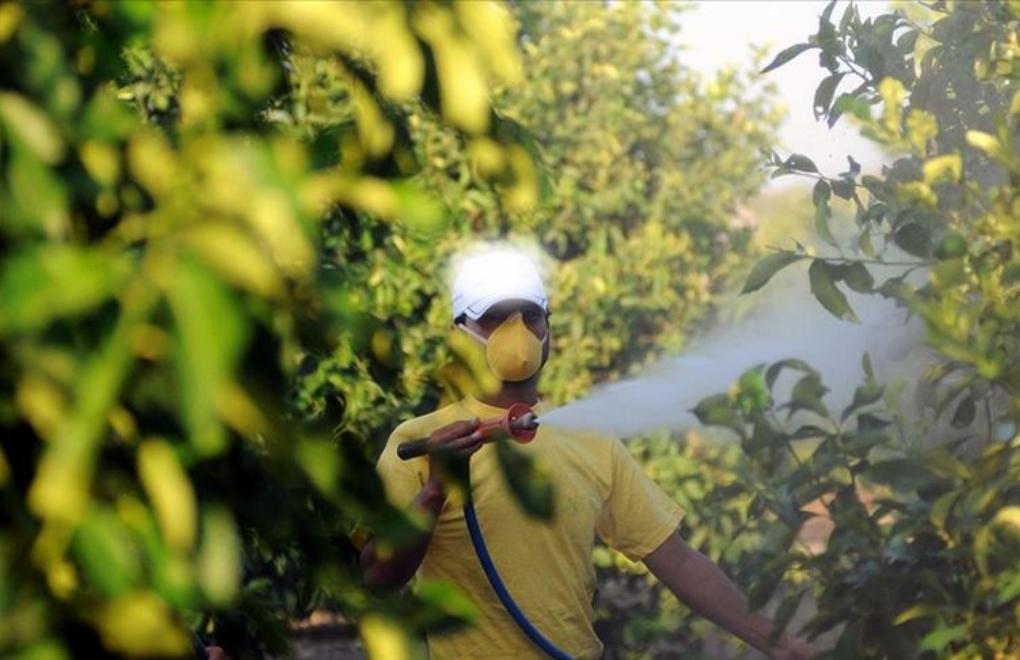
EU database shows drastic increase in pesticide findings in food imported from Türkiye
Additionally, 31.6% of the samples contained at least one pesticide classified as a hormone disruptor, neurodevelopmental toxicant, carcinogen, or reproductive toxin.
Out of all the products tested, 33% (51 samples) were found to be in violation of the Turkish Food Codex’s Maximum Residue Limits regulation. Among those, 50 were linked to the use of unauthorized pesticides.
Contamination was highest in the following products: pickled grape leaves (80%), green chili peppers (70%), spinach (67%), curly lettuce and pears (40%), grapes (40%), golden and starking apples (30%), bell peppers and eggplants (20%), tomatoes (13%), oranges (10%), and cucumbers (7%).
Health implications for children
The report was prepared by food engineer Dr. Bülent Şık as part of Greenpeace Turkey’s ongoing “Don’t Poison Us” campaign. It highlights the risks pesticide exposure poses to children’s health and calls for widespread adoption of alternative agricultural practices.
The report stresses that children are particularly vulnerable to the effects of pesticide exposure due to their developing immune, nervous, and hormonal systems. Scientific studies cited in the report indicate that exposure to multiple pesticides can have more serious health consequences than exposure to a single chemical. This risk is especially significant during critical periods of neurodevelopment.

Child died because of pesticide residues in fruit on parliamentary agenda
“Pesticides pose a serious threat to children’s health in Turkey,” said Greenpeace Turkey Director Berkan Özyer. “Research shows that even low-level pesticide exposure, if sustained, can affect children’s neurological and behavioral development.”
“Our analysis presents a snapshot of pesticide use. While the situation is alarming, it also offers a chance to implement change. As a first step, the Ministry of Agriculture and Forestry must release pesticide residue data to the public,” he said.
He added that pesticide-free, ecologically-based farming methods should be promoted and supported at the national level. “Access to safe and clean food is a fundamental right—especially for children,” he said.
Previous findings
This latest report follows a similar 2020 Greenpeace Turkey study, which found illegal pesticide residues in 15.6% of 90 samples tested, and multiple pesticide residues in 67% of them.
The broader implications of pesticide use go beyond food safety. Pesticides are toxic chemicals used in agriculture that leave residues on produce, pollute soil and water sources, and harm biodiversity. Experts warn that the widespread and unregulated use of these substances also contributes to long-term health risks, including cancer, developmental disorders, hormone imbalances, infertility, memory loss, and respiratory issues.
Global pesticide use is estimated at 3 million tons annually. In Turkey, usage has increased sevenfold since 1979, reaching 59,000 tons in 2018, according to data cited in the report.
Greenpeace and health experts are calling for stricter regulation of pesticide use and broader adoption of agro-ecological practices that avoid chemical inputs. (HA/VK)





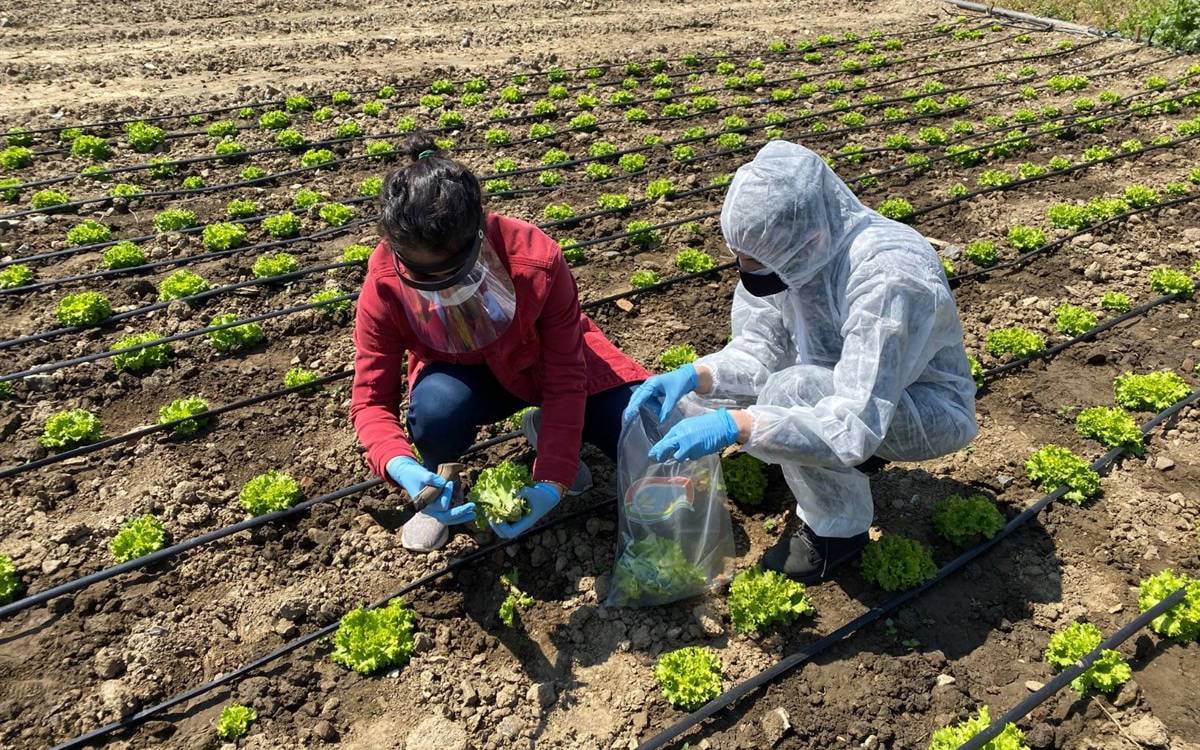
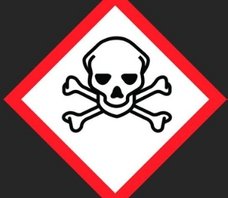
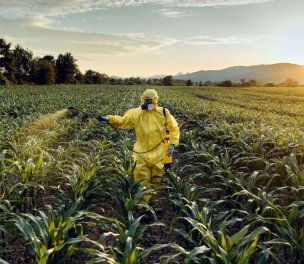
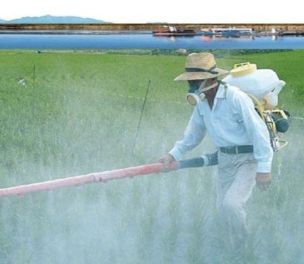
sa.jpg)
